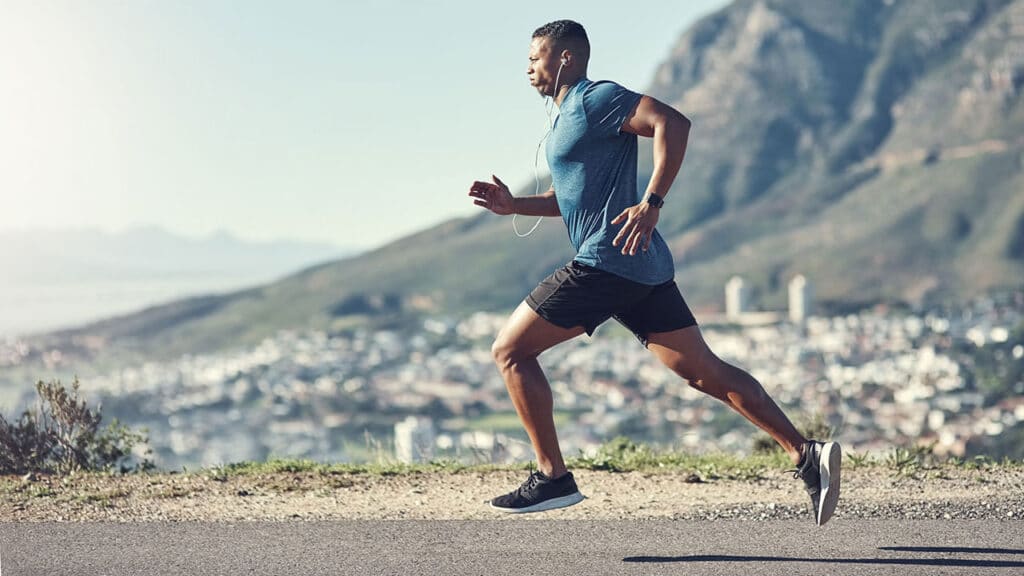1. Sports performance is a complicated area covering all sorts of different disciplines. Biology, environment and psychology all have a part to play. Trying to improve means having some understanding of all of these areas and being able to figure out how it all fits together.
2. Biology includes physical size, muscle mass, body fat, core strength, balance, flexibility, coordination, lung capacity, heart rate, blood pressure and similar factors. Some of these things can be improved with training, but others are immutable genetics.
3. Environmental factors can include whether you’re indoors or outdoors. If you’re outdoors, the weather is going to have an impact. There are things like the condition of the field/track/court, any noise from spectators, what you’re wearing and the quality of your equipment.
4. Psychology means looking at your motivation, ability to cope with pressure, focus, and, when appropriate, your ability to work in a team. Attitude is one of the hardest things to get right.
5. Identifying what affects your sports performance isn’t the only issue. You also need to measure that performance. Are you timing a race, counting the number of goals in a match, or increasing the weights you lift?
6. This gets particularly difficult with combat sports (like boxing or tae kwon do), where judges need to identify what qualifies as good technique or a successful hit in a fast-moving bout. There’s always an element of subjectivity in that.
7. It’s even harder when the sport is also an art, such as gymnastics or figure skating, where you get marks for creative interpretation. That takes the “performance” part of sports performance to a new level, with different standards for what defines success.
8. Whatever kind of sport you practice, it is practice that is the key to performance. You need to train every aspect of body and mind and ensure every part of you is working together to achieve its best.
9. You can’t do this on your own. Professional athletes have entire teams of coaches, strategists, physical trainers, medical staff, nutritionists, sports psychologists and who knows what else. You may not be able to afford all that, but try to find at least some expert advice.
10. It can seem overwhelming to consider all of these things, but even changing one small aspect of your performance can put you on the road to greater improvements.




